The Group of Seven (G7) Summit held in Italy's Apulia on Friday has further solidified India's image as the leader of the Global South, right at the start of Prime Minister Narendra Modi's third consecutive term.
Having given resonance to the voice of the Global South over the last decade, especially during India's G20 presidency, PM Modi once again chose a major global platform to spotlight the concerns of developing countries during his first overseas trip after assuming office, earlier this week.
"The countries of the Global South are bearing the brunt of global uncertainties and tensions. India has considered it its responsibility to place the priorities and concerns of the countries of the Global South on the world stage," the Prime Minister said in his address at the Outreach Session of the G7 Summit.
With India having strongly established itself as an all-weather friend of Africa during his tenure, PM Modi also emphasised New Delhi's commitment to the continent.
"We have given high priority to Africa in these efforts. We are proud that the G-20, under India's chairmanship, made the African Union a permanent member. India has been contributing to the economic and social development, stability, and security of all African countries, and will continue to do so," he assured the world leaders gathered at the G7 event.
On Saturday, hours after his meeting with PM Modi at Borgo Egnazia, German Chancellor Olaf Scholz backed the Indian Prime Minister's efforts to further amplify the voices from the emerging countries and the Global South at international fora.
"The G7 is not an exclusive club. That is why here in Apulia we continued what we started in Elmau and spoke to many representatives of the Global South. This must continue to be the case in the future. Because we want a partnership from which everyone benefits," Scholz posted on X along with a photograph of him engaged in an animated discussion with PM Modi and Japanese Prime Minister Fumio Kishida during the G7 event on Friday.
Even as he pursues the goal of having a 'Viksit Bharat' by 2047, PM Modi has made it clear that India's efforts to drive South-South cooperation will receive fresh momentum during his third term.
The attendance of Bangladesh Prime Minister Sheikh Hasina, Sri Lankan President Ranil Wickremesinghe, Maldives President Mohamed Muizzu, Seychelles Vice-President Ahmed Afif, Mauritius Prime Minister Pravind Kumar Jugnauth, Nepal Prime Minister Pushpa Kamal Dahal 'Prachanda' and Bhutan PM Tshering Tobgay at the PM's swearing-in ceremony sent a strong message that India will always remain committed to the cause of the Global South and the developing countries.
"PM Modi called for deeper people-to-people ties and connectivity in the region. He further added that India would continue to amplify the voice of the Global South in the international arena," the Ministry of External Affairs said after the PM's interaction with the leaders at the Rashtrapati Bhawan.
In the past too, leaders of the developing countries across various continents instilled faith in PM Modi's leadership and counted on India as a reliable partner when it came to making their voices heard at the gatherings of world leaders amid the ongoing geopolitical tensions.
Last year, when he travelled to Port Moresby to host the third summit of the Forum for India–Pacific Islands Cooperation (FIPIC III Summit) jointly with his counterpart from Papua New Guinea, James Marape, leaders of the small island countries called themselves as "victims of global powerplay" and called on PM Modi to further elevate the issues of concern to the region.
"You are the voice that can offer our issues at the highest level as advanced economies discuss matters relating to economy, commerce, trade, and geopolitics. We want you to be an advocate for us as you sit in those meetings and continue to fight for the rights of small emerging nations and emerging economies," Marape said in his address.
Several countries in Africa and the Caribbean also consider India and Prime Minister Modi as their flag bearer on the global stage.
During her visit to New Delhi last October, Tanzanian President Samia Suluhu hailed India as a powerhouse, an extended family member separated by a coastline, a friend for all seasons, and a leader of the Global South.
"Beyond familyhood and trade partnership, India is our strategic ally. India is now a powerhouse. It possesses the needed soft and hard powers enough to shape outcomes, influence change, and raise a voice to be heard in the lobbying corridors, and rooms where world decisions are made, and our fate as developing countries is decided," she said while receiving her first foreign honourary doctorate from the Jawaharlal Nehru University (JNU).
Similarly, the 15-member Caribbean Community (CARICOM) has time and again highlighted the significance of maintaining a "close and vibrant working relationship" with India -- a country they believe is playing a major role in having their voices heard at major global platforms.
India's position as a voice of the Global South is expected to further consolidate during Modi 3.0 using the Prime Minister's 5S approach of 'Samman, Samvad, Sahyog, Shanti, and Samriddhi', as was listed in the 'Sankalp Patra' released by the BJP for the just-concluded Lok Sabha elections.
"A distinct global image has been built in the last 10 years as India has emerged as a Vishwa Bandhu. Its maximum advantage will begin now. I am fully confident that the next five years will be extremely useful for the country as far as the global environment is concerned," the Prime Minister asserted in his first comments after staking a claim to form the government for the third consecutive time, last week.

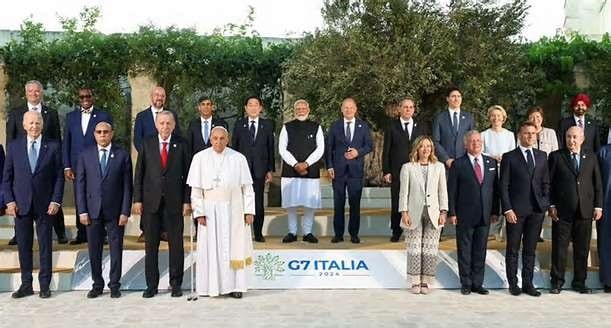
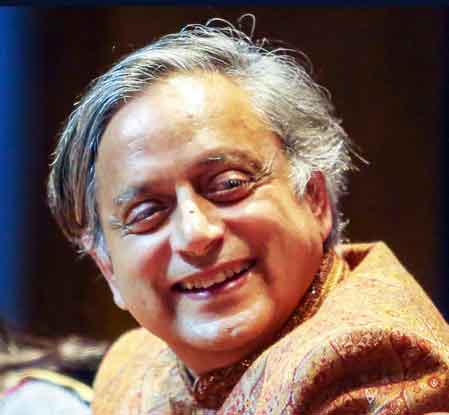
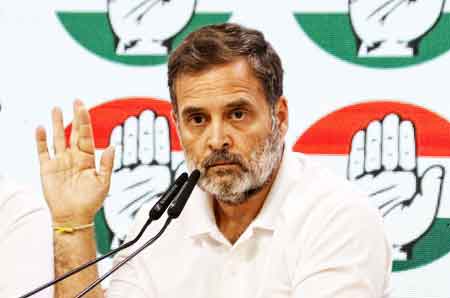
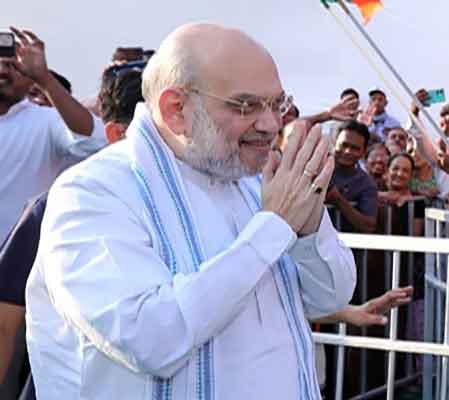
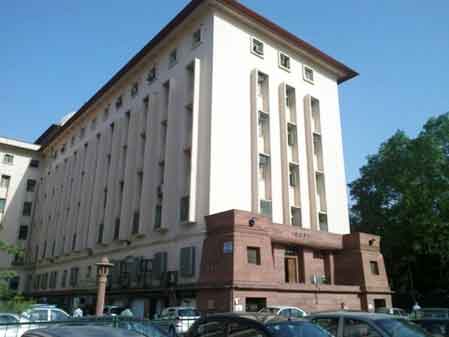
Shashi Tharoor to visit US, Owaisi heads to Saudi Arabia over Pahalgam attack
Senior Congress MP Shashi Tharoor will head to the US, while the AIMIM chief Asaduddin Owaisi will visit Saudi Arabia to expose Pakistan’s alleged involvement in the Pahalgam attack and to underline India's firm stance against terrorism.
MEA refutes Rahul Gandhi’s claim on Op-Sindoor: 'EAM was misquoted, no prior warning to Pak'
The Ministry of External Affairs (MEA) issued a statement on Saturday refuting claims that External Affairs Minister S. Jaishankar had asserted India informed Pakistan in advance about Operation Sindoor. The ministry denounced such assertions as a blatant distortion of facts.
Senior IPS officer Anurag appointed new Tripura Police Chief
The Tripura government, on Saturday, appointed Anurag Dhankar, an IPS officer of 1994 batch cadre, as the state's Director General of Police (DGP) replacing Amitabh Ranjan, officials said.
HM Amit Shah hails Operation Sindoor as a turning point in India's security doctrine
Home Minister Amit Shah, on a two-day visit to his home state Gujarat, said on Saturday that Operation Sindoor marked a historic shift in India’s national security response. He emphasised that under Prime Minister Narendra Modi’s decisive leadership, Indian armed forces struck deep into Pakistani territory, dismantling terrorist infrastructure.
India restricts entry of ready-made garments, processed food from Bangladesh
In a significant trade policy shift, India on Saturday restricted the import of ready-made garments (RMG), processed food and other items from Bangladesh to India via land ports, effective immediately.
NE region’s largest dairy unit inaugurated in Tripura to boost milk production
Northeast region’s largest dairy unit was jointly inaugurated in Tripura on Saturday by Tripura Chief Minister Manik Saha and Union Fisheries, Animal Husbandry and Dairying Minister Rajiv Ranjan Singh.
IT Ministry, Tripura DIT discuss AI’s role in citizen-focused governance framework
Senior government officials have underscored the pivotal role of artificial intelligence (AI) in revolutionising governance paradigms, reiterating AI’s growing relevance in enabling data-driven policymaking, augmenting service delivery mechanisms, and optimising administrative efficiency, IT Ministry said on Saturday.
Tripura Govt to establish three more general degree colleges
To ensure enhanced access to higher education, the BJP led coalition government in Tripura has decided to establish three new general degree colleges.